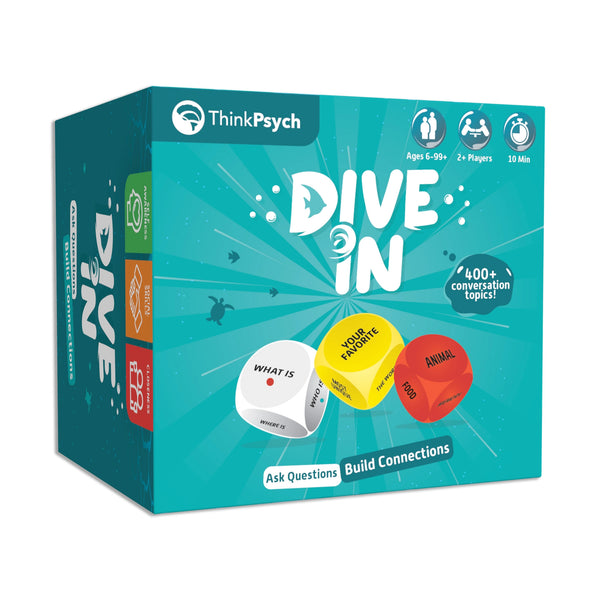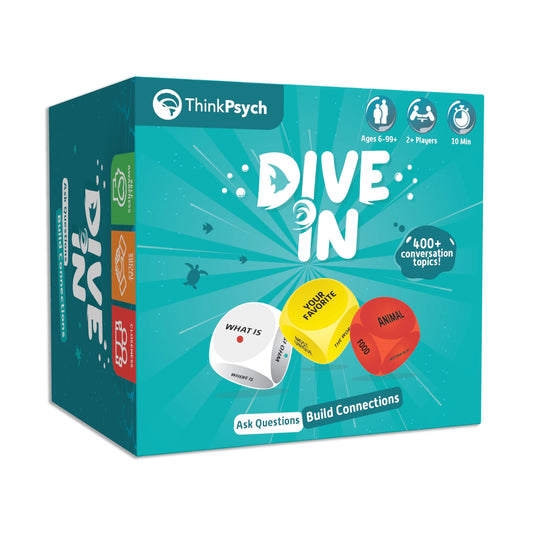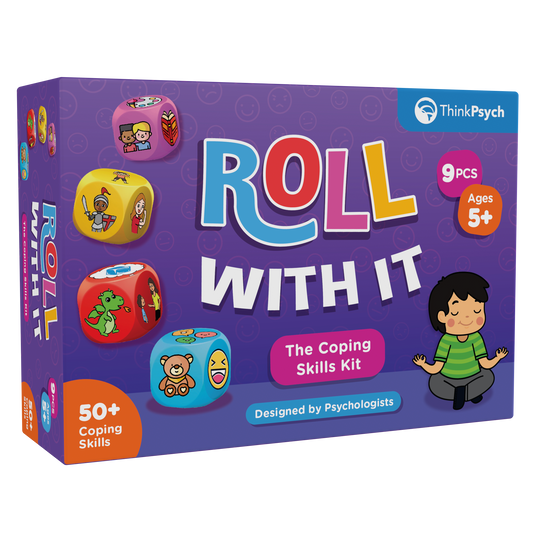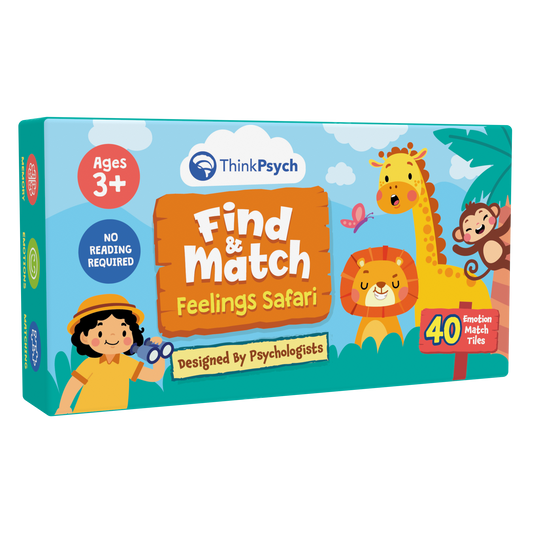
How to Teach Resilience to a Child
Share
Being an adult is often a bit simpler than being a child. After all, in the world of adulthood we know what to expect and have an idea of what the day will bring. Whether it’s our job, our family, or our friends, there’s a certain awareness of the way things are.
But for children, every day is new! Whether there’s an unknown skill to learn or something different to see, children have a lot of world to begin to understand. It’s a big reason why resilience is best learned when a child is young. After all, it’s this skill that will enable children to contend with life when challenges pop up.
Resilience is a necessary skill that will help your child take on the day and retain the ability to bounce back from life. If you’re interested in how to teach resilience, there are many things you can do each day to encourage this habit. Visit us at ThinkPsych to learn more about how to help your child develop a growth mindset!
Leave Room for Risk
It’s natural for every parent to want to protect their child from hurt and pain. Whether their child is walking too close to the sidewalk’s edge or performing in front of an audience, we feel a sense of anxiety and worry when our children are involved.
It might be tempting to remove as many obstacles as possible for our children. However, if we do this as parents, our children will not be able to adapt and grow. A child who fails and experiences disappointments will be the child who can rise above them and carry on.
Part of the role of being a parent requires that you moderate risk for your child. Alongside this, it’s important to understand where the line is between what a child can manage themselves and what might be too big a risk. By walking this line, you’ll be able to keep them safe and aware even as they continue to develop resilience.
Teach Them the Right Skills
Children learn to grow from the time they’re born, and the number of skills they can easily pick up is incredible to behold! Fortunately, from writing and reading to self-awareness, its these abilities that can go a long way towards how to teach resilience.
If your child is struggling to talk with people or is shy, you may want to put them in situations with other children where they can practice their social skills. Chat Chains can be a great game to get them to open up! Or, if they’re not good at decision-making, give them some multiple-choice options in the moment so they can practice.
Skills like social awareness, emotional regulation, and relationship building are not going to solve all the problems your child will face in life. However, they will provide them with the tools they need to see the moments of life as an opportunity to learn more. It’s this that will help them develop a positive mindset that they will carry with them through life!
Showcase Adaptability
Every parent learns quickly that their kids are quick to model their behavior. Whether it’s eating a bag of chips before dinner or letting loose a swear word, children do as we do. And, while this might be less than ideal in some scenarios, the opportunity exists to make it a positive thing too!
An important part of how to teach resilience is instilling adaptability. By displaying this ability to your children, they will be able to model your calm, consistent behavior. Whether it’s meditation or activities for social emotional learning at home, they’ll learn to roll with the punches and respond to what the moment requires. They’ll also understand when they should stay the course and when it’s time to change their approach. It can be helpful, in these difficult moments, to utilize humor as a way to see the funny side of life.
Shop ThinkPsych Products
It goes without saying that you’re going to have times as a parent when you get overwhelmed. But it’s worth being aware that these can be teachable moments too! Instead of hiding from your child, make them aware of how you should have handled things so they can do the same.
Teach Problem-Solving Skills
One of the most important skills a parent can teach their child is the ability to problem solve. While it’s imperative that your child knows how to make decisions, problem-solving goes deeper than that. In order to effectively utilize it, your child will need to possess critical thinking and creativity as well as self-awareness.
It’s not uncommon for a child to come to you with a problem. However, they’ll only grow in the ways they need to grow if you let them learn and make choices on their own. Instead of offering up solutions, be a support for them. Help them to come up with potential solutions and consider the outcomes so that they can make the best choices for themselves. Fortunately, everyday life offers up plenty of opportunities for how to teach resilience to children.
A child who has developed the ability to problem-solve will be the kind of kid who chooses to look for solutions instead of focusing on problems. It’s through this willingness to deal with adversity that they’ll have the resilience to succeed.
Emphasize Resilience for Continual Growth!
Motor skills like walking, drawing, and reading might be important for a child’s development so they can go out into the world and succeed. However, it’s a skill like resilience that will really enable your child to deal with the challenges life throws at them. Whether they’re focusing on a new hobby or building a relationship, it’s this skill that will help them bounce back and try again.
Are you trying to figure out how to teach resilience to your child? Check out our social emotional learning collection for awesome games and tools to help.
References
Big Life Journal. How To Raise Resilient Children Who Never Give Up. https://biglifejournal.com/blogs/blog/how-to-raise-resilient-kids-who-never-give-up
PsychCentral. 10 Tips for Raising Resilient Kids. https://psychcentral.com/health/tips-for-raising-resilient-kids#avoid-catering
White Swan Foundation. After abuse: Building resilience for better emotional health. https://www.whiteswanfoundation.org/life-stages/childhood/after-abuse-building-resilience-for-better-emotional-health

















